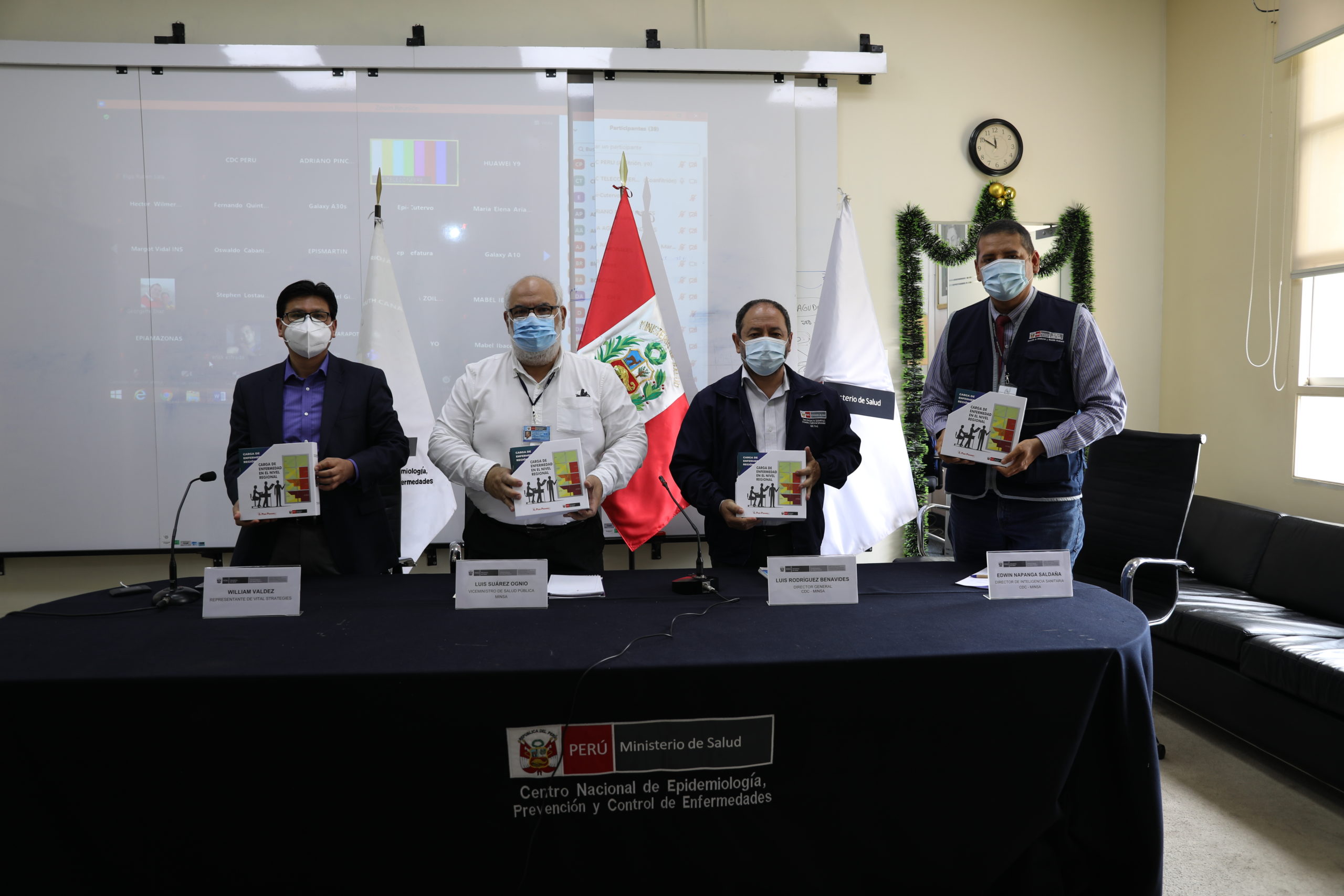The Data for Health Global Grants Program funded nine projects across Brazil, Ecuador, Peru and Ghana to strengthen government data use and process.
Countries that efficiently collect, analyze and use data make better public health decisions. After launching the Data for Health Global Grants Program in 2019, an initiative supporting and strengthening government data use in the areas of civil registration and vital statistics and data-driven planning and policymaking, Vital Strategies is successfully closing out its first round of funding to nine projects across Brazil, Ecuador, Peru and Ghana. The inaugural projects focused on a variety of topics from conducting the first-ever regional burden of disease study in Peru to identifying gaps in road traffic death registration in Ghana.
Below is a snapshot of key accomplishments from each project:
Improving Access to Essential Data in Peru
Mortality and Morbidity: Mortality and morbidity relate to death and disease in a population and measuring them provides important information on population health.
- The National Center for Epidemiology, Prevention and Control of Diseases of the Ministry of Health trained epidemiologists from each of the 25 regions in Peru to collectively assemble the nation’s first subnational burden of disease study, which breaks down population mortality and morbidity trends to the regional level. This helps local decision-makers have a better understanding of the leading causes of disability and death within their populations, informing their health planning and health resource priorities.
- The Ministry of Health (MINSA) trained staff at 67 hospitals on the proper certification of deaths and developed a virtual, open-access course on death certification which enrolled 1,749 participants, ultimately improving the quality of cause of death reporting across the country.
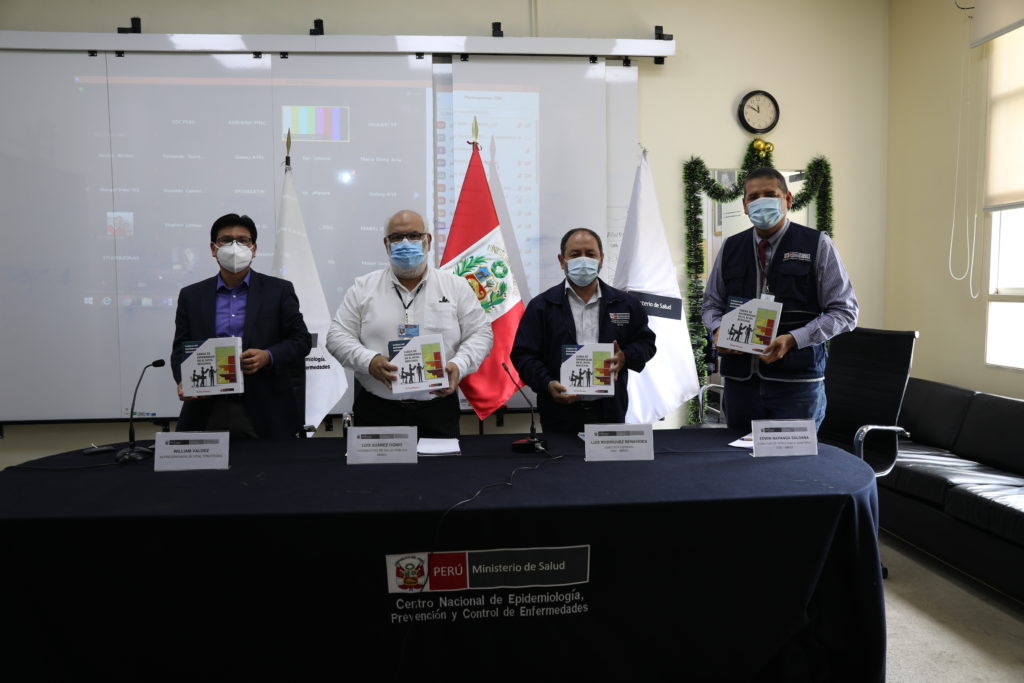
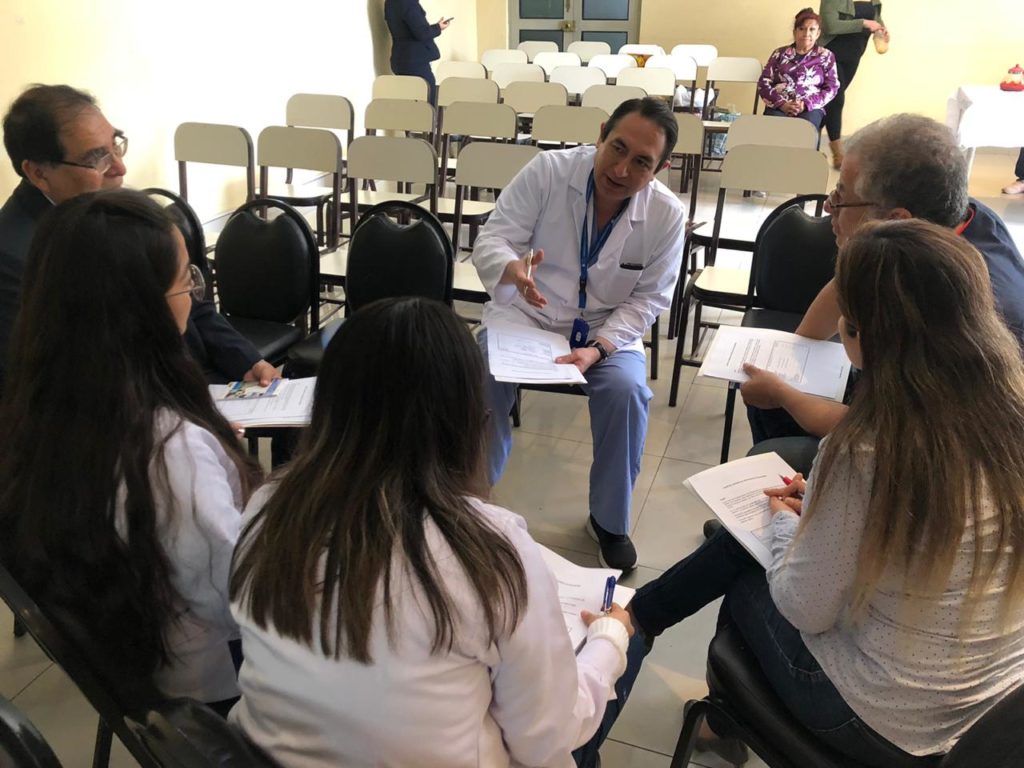
Developing Quality Data in Ecuador
Iris software: an automated mortality coding system based on internationally agreed-upon codes developed by the World Health Organization
- The Ministry of Health and the National Institute of Statistics of Ecuador (INEC) developed algorithms to process, transform, integrate and visualize data from administrative records to better understand child malnutrition. The newly analyzed data has strengthened the capacity for public agencies, such as the Secretariat of the Social Cabinet, to incorporate administrative datasets into statistical analyses. Public agencies can now make data-driven decisions and measure their efforts to meet the Sustainable Development Goals (SDGs) and national priorities related to child welfare.
- INEC institutionalized the use of Iris software, an automated mortality coding system based on internationally agreed-upon codes developed by the World Health Organization. These codes classify disease and other health problems and compile statistics on death and disability. As part of this effort, INEC developed an Iris dictionary adapted to Ecuador’s specific mortality data. This has improved the country’s cause of death reporting, leading to a more accurate picture of major health concerns in the country. This system was recently deployed to capture COVID-19-related deaths.
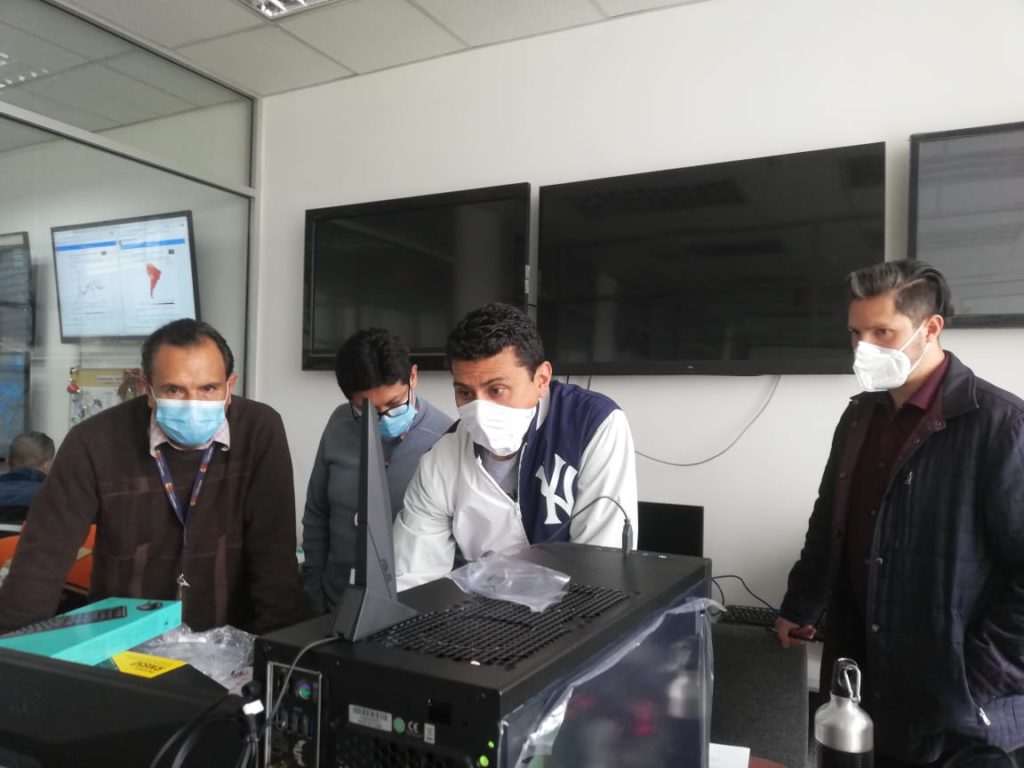
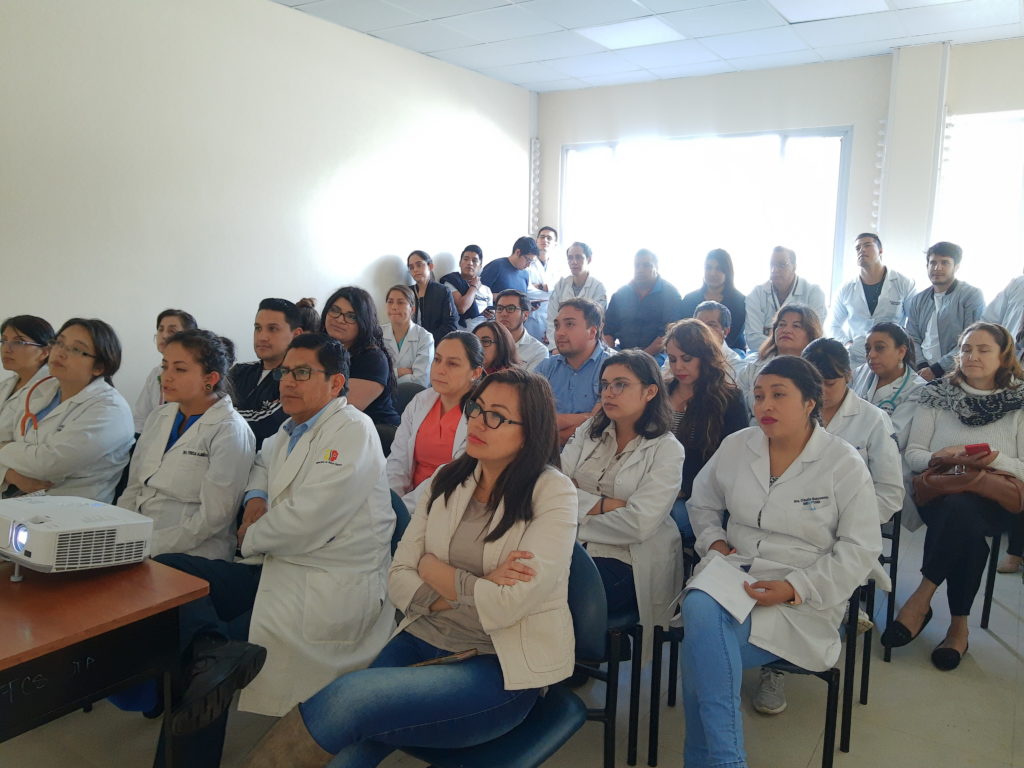
Refining Regional Mortality Data in Brazil
- The Federal University of Minas Gerais and Municipal Health Teams in Belo Horizonte, Natal and Salvador refined regional mortality data by training over 200 medical students on the proper certification of deaths. With no governing body to review death certificates in the region, the team established hospital committees to oversee and review cause of death reporting. Hospital committees are now trained to code or diagnose the correct cause of death, on death certificates, ultimately improving data quality and resulting in a 24.4.% reduction of incorrect codes or diagnoses.

Supporting Data Collection and Dissemination Systems in Ghana
- The Ghana Health Services and the Births and Deaths Registry collaborated on the development of an electronic system for the direct notification of community deaths, ultimately enabling electronic data sharing between the two agencies and creating a more accurate estimate of deaths in remote areas.
- The Ghana Statistical Services created a system of routine data collection for road traffic, violent and external deaths by bringing together relevant stakeholders and training police officers on how to collect and report mortality data, filling a gap for historically underreported deaths.
- Partners at Ghana Health Services launched an online platform for continued professional development, making educational content accessible to physicians on a remote basis. The same team developed a web application to integrate the Ghana Weekly Epidemiological Review onto an interactive media platform accessible by physicians, epidemiologists and other health professionals seeking timely epidemiological data.
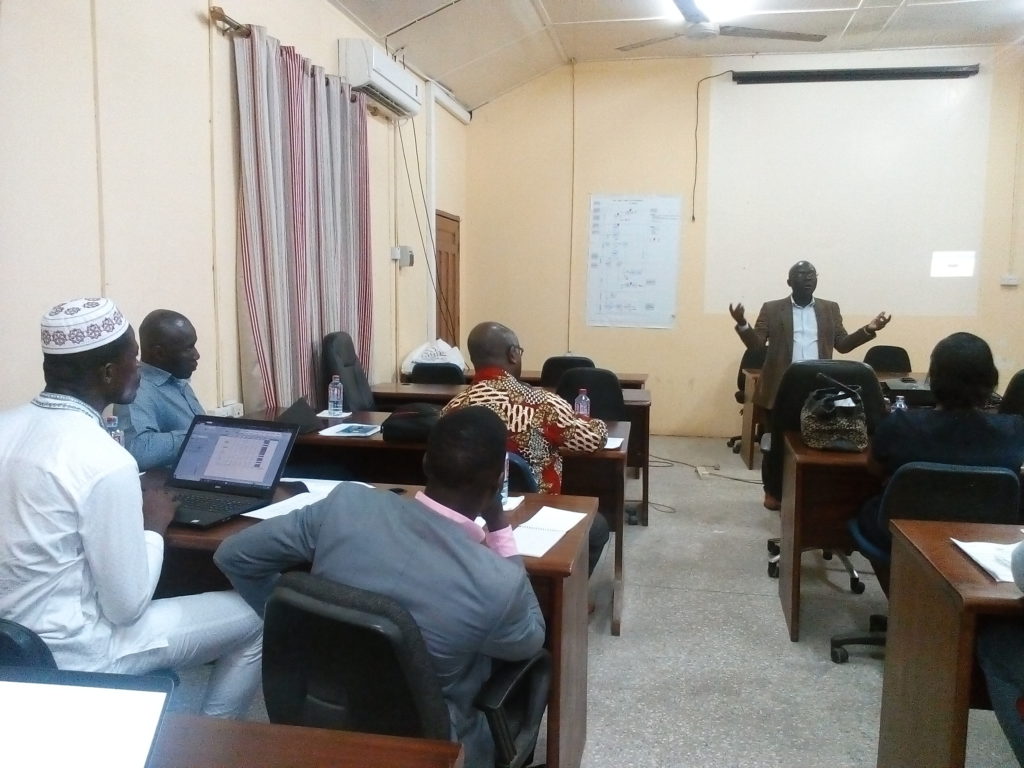
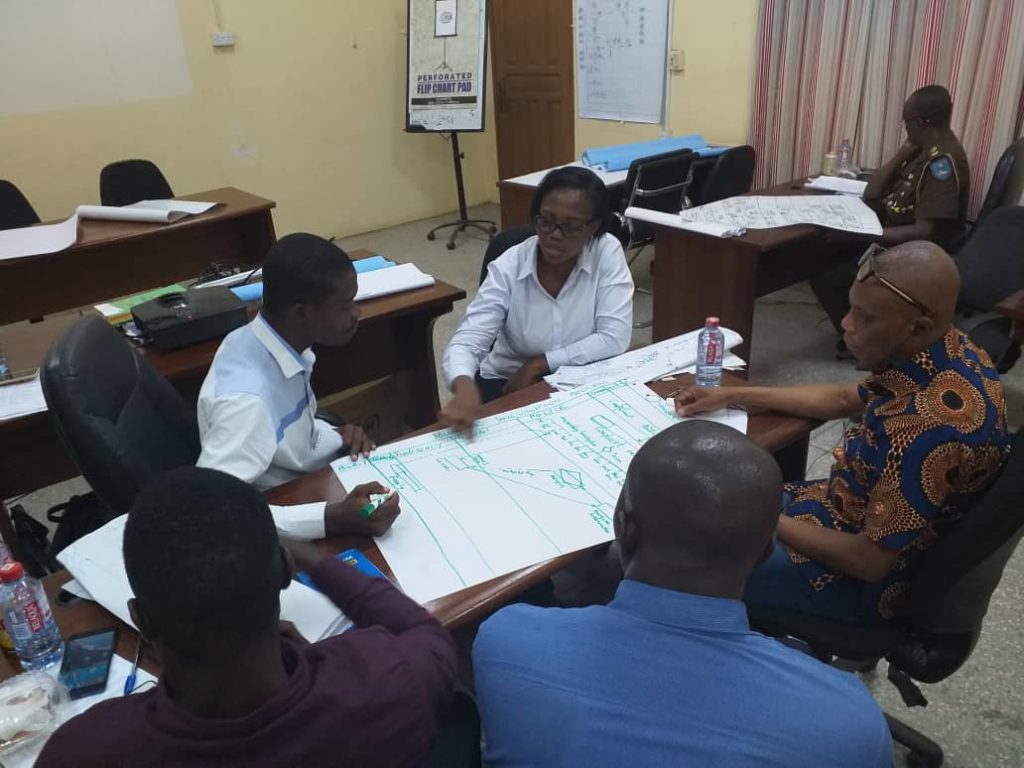
In addition to these successes, when COVID-19 emerged as an unforeseen obstacle during project implementation, each country team was able to accomplish the original objectives set out in their proposals, while also adapting their projects to respond to the pandemic. By pivoting ongoing activities to meet the unique demands for public health data during the emergency, the teams provided critical information needed by decision-makers responding to the crisis.
These projects provide a strong example of how government-owned and driven projects that address gaps in data processes can strengthen public health systems and improve planning and policymaking.
To see more Global Grants Program projects please visit https://www.d4hglobalgrantsprogram.org/completed-projects. Our next round of funding will open on May 10, 2021.
To learn more about Vital Strategies’ Data for Health Initiative, please visit https://www.vitalstrategies.org/programs/data-for-health/ and follow us on Twitter @VitalStrat.
The Data for Health Initiative is a global effort supported by Bloomberg Philanthropies and the Australian Department of Foreign Affairs and Trade. It provides technical assistance to low- and middle-income countries worldwide to improve public health data systems at the national level, including improving civil registration and vital statistics systems, maximizing the use of data to enhance public health policymaking and decision-making, establishing and strengthening national cancer registries and more. Vital Strategies serves as an implementing partner.
